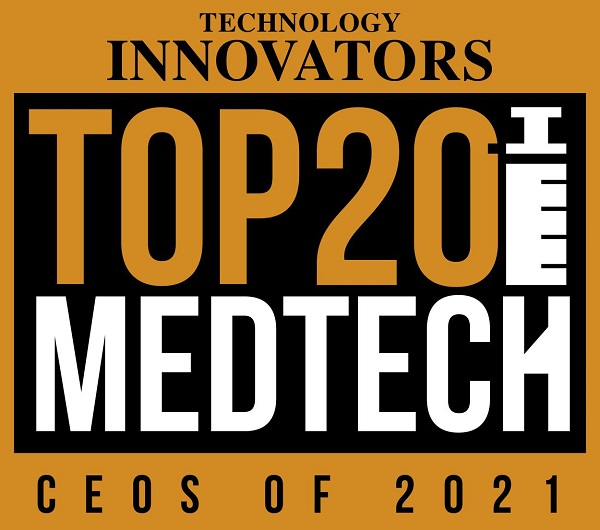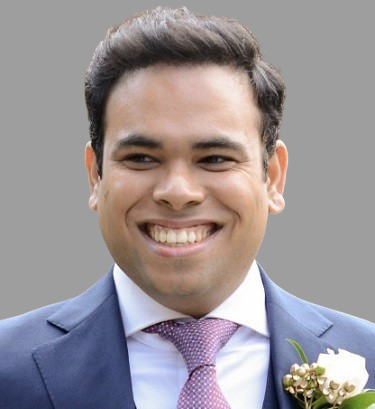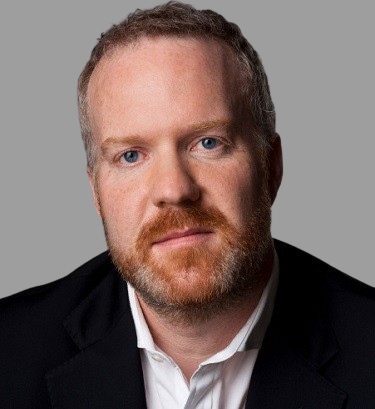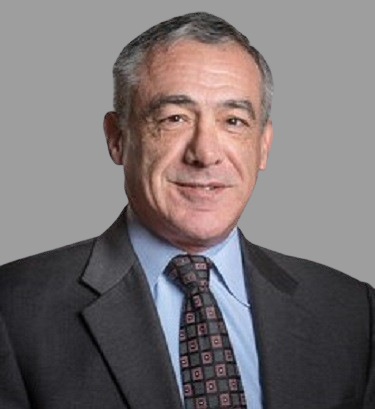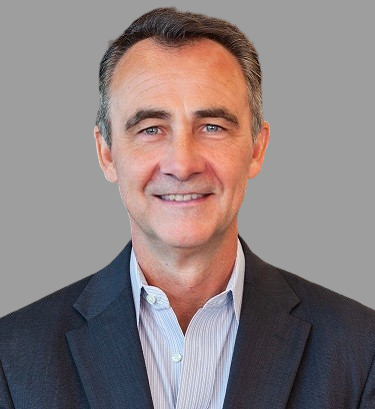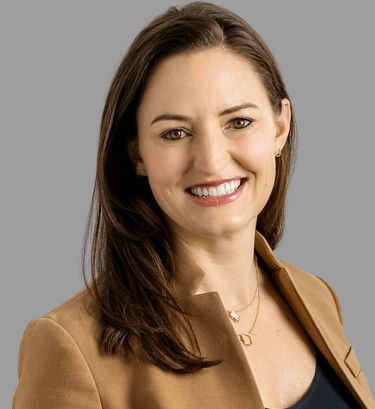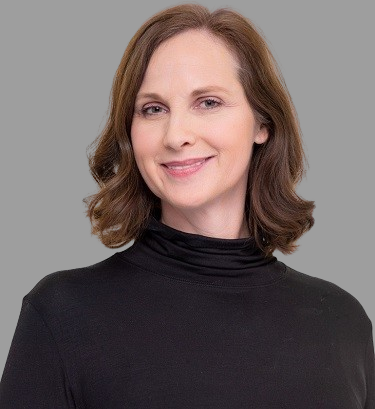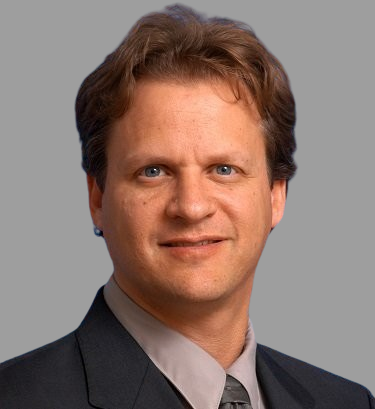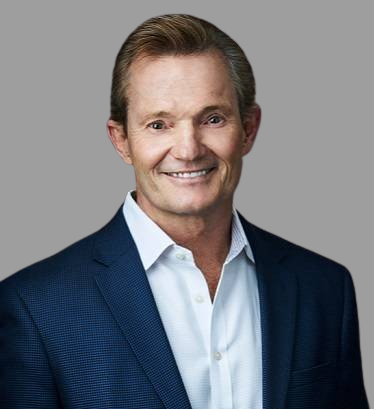Trending →
MedTech is so common and so integrated into everyday life that it is difficult to imagine living without this technology. Advancements in this field are designed primarily to improve the overall quality of medical care, which can be accomplished by lessening the amount of time it takes to make a diagnosis, by creating treatment options that are less invasive, and by reducing rehabilitation requirements and hospital stays. It has helped to improve general health, lengthen lifespan, and bolster quality of life.
Many of the innovations that have occurred within the MedTech industry have paved the way for entrepreneurs to create technology that has changed lives forever. The MedTech industry is currently a booming one because of how important it is and the opportunity it presents for people across the world. The startups and entrepreneurs who work within this industry are provided with very high returns whenever a product that they create is selected and distributed throughout the medical device industry. It’s also notable that many of the successful startups in this industry are regularly acquired by larger medical technology firms, which goes to show how beneficial it can be for startups and entrepreneurs looking to innovate within the MedTech space. In this edition, we bring to you the Top 20 MedTech CEOs of 2021. We hope this will help you to arm yourselves with modern medical technological tools in order to capitalize your value, form better partnerships, and improve the overall quality of patient care in a medical setting.



